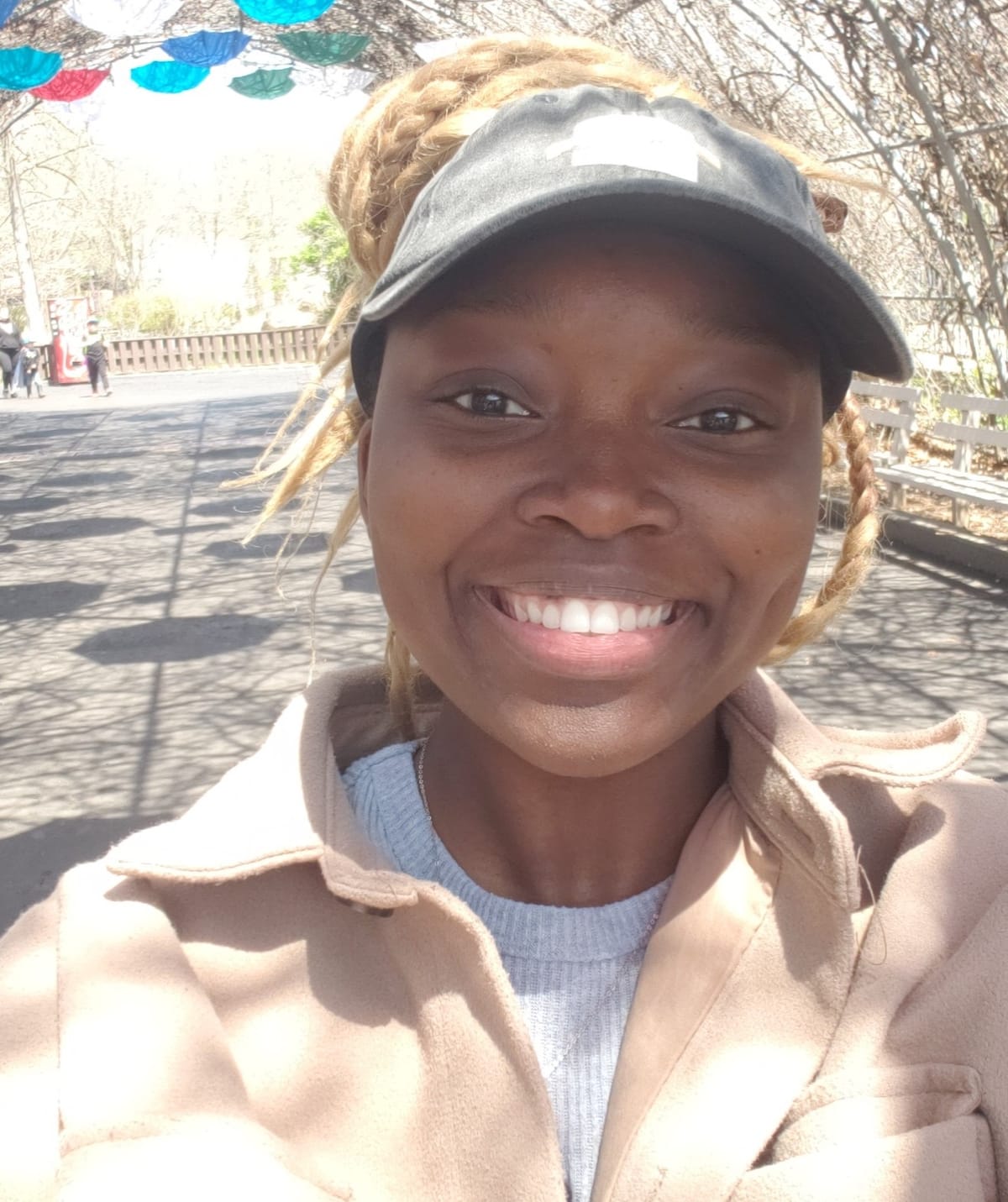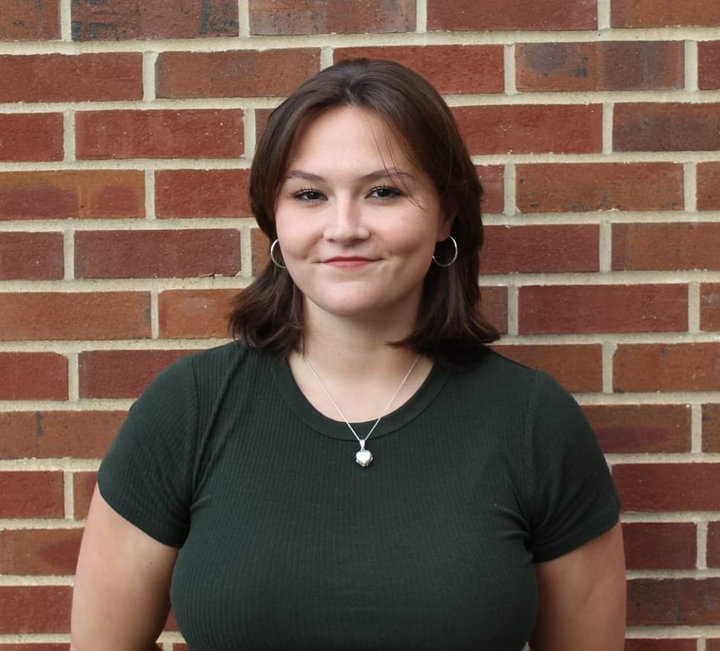Curriculum lacks on-campus courses specific to African continent

My first week at Augustana involved International Students Orientation. That week was filled with daily sessions during which we were provided with the knowledge to ease our transition from high school to an American university.
Among the explanations of the meaning of “Midwest nice” and a session on culture shock, we addressed the meaning of liberal arts and why SOPHIA matters. The latter session explained that learning from classes outside our chosen majors would provide us with a “well-rounded education” and prepare us for the world.
But how ready can we, Augustana students, really be for a world that we are barely taught about?
Three and a half years later and now in my last semester, Augustana has helped me grow as a person, writer, leader and artist. At Augustana, I have noticed the attention and care the university employs to ensure the highest quality education in a diverse and inclusive environment.
However, I have also noticed a significant hole in the Augustana curriculum: Augustana does not have a class on campus that directly addresses the African continent. There are, for instance, classes with an emphasis on Latin America or Asia but none on Africa.
The case for studying the African continent goes beyond the well-reasoned and well-known argument for diversity and inclusion. Ignoring the African continent is, first and foremost, an academic failure. Considering that the aim of education, and a liberal arts education in particular, is to prepare us for the complexities of the world, ignoring the African continent falls short of that goal.
Additionally, excluding the African continent from our curriculum exacerbates the flawed assumption that there is nothing to learn from the African continent, thrusting students further into ignorance and leaving stereotypes unchallenged. If, in the 21st century, articles are still being written to correct the mistaken assumption that Africa is a country, something has gone wrong in American education.
This hole in our curriculum is in need of urgent attention because, as a New York Times writer puts it, the “World is becoming more African.” Demographers estimate that by 2050, one in four people will be African.
Furthermore, whereas other parts of the world are rapidly aging, the average age in Africa is 18.8 years old. By 2040, the African continent will be “home to the largest working-age population.” It is, therefore, a disservice to tomorrow’s leaders and a significant academic failure to teach students about a world that looks like this:
Anyone looking at this map will recognize that it is flawed because Africa is missing. So, why do we not consider the Augustana curriculum flawed because Africa is missing?
It is important to recognize that Augustana has made progress by implementing study abroad courses in Morocco and Kenya, hiring African professors in the biology department and inviting the first African keynote speaker to the upcoming Arthur Olsen Student Research Symposium.
However, more has to be done to close the knowledge gap on the African continent. Hoping to right this wrong, the African Students Union has been advocating for an African studies curriculum at Augustana and encouraging professors to think about ways that Africa could fit into their departments.
One impediment to introducing African content at Augustana is the supposed lack of interest. However, biology professor Sally Mallowa’s class in Kenya, which has excellent and increasing registration, provides evidence that students would be interested in a curriculum that includes more African content. It is, therefore, only until more classes on the African continent are available on campus that one can assess the interest of students in the subject.
Learning about the African continent has an inherent academic and intellectual value because one cannot claim to know about the world without learning about all of the parts that compose it.
It is imperative, however, to remember that one must not merely teach about Africa. As we teach and learn about Africa, we must challenge misconceptions and stereotypes, and acknowledge the complexities of the history and realities of the African continent.
Let Augustana, therefore, be true to its claims of a well-rounded education and take steps to prepare leaders for the world as it truly is: diverse, complex, and increasingly African.



